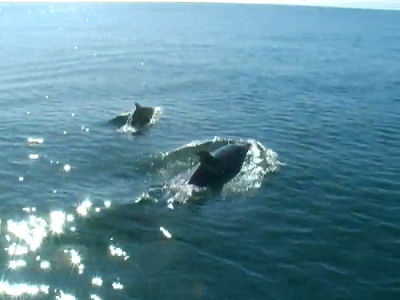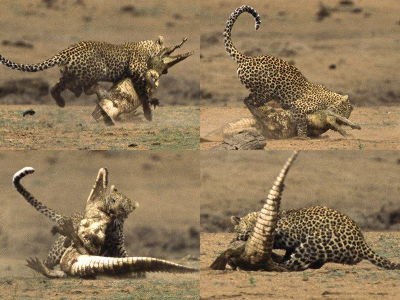What are the ``best animals to hunt'' and ``the worst animals to hunt'' chosen by biologists?

As the saying goes, the animal kingdom is full of predators and prey. The science news site Live Science asked two experts which animal is especially good at hunting.
Which animal is the best hunter? (And which is the worst?) | Live Science
The question 'Which animal is the best hunter?' seems simple at first glance, but the answer is very complex. 'There's some really interesting ecology and evolutionary biology involved in this simple question, because predation is the glue that binds all living things together,' Mark Berg, a professor in the Department of Biology at Brigham Young University in the US, told Live Science. And that's how energy moves through ecosystems.'
One of the most obvious ways to approach hunting skill is to look at hunting success rate. Based on this standard, the carnivores that most people think of first, such as lions and tigers, are not selected. This is because the success rate for hunting lions is about 30%, while for tigers it is only about 10%.
Dragonflies have taken the place of famous carnivores and are now known as master hunters. The hunting success rate reaches up to 97%, and it is possible to kill hundreds of mosquitoes in a day.
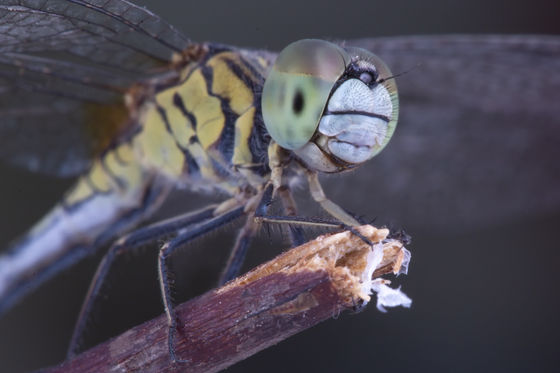
The dragonfly's strength is its extraordinary eyesight: the compound eyes of dragonflies and their relatives allow them to see almost 360 degrees, and their brains process visual information extremely quickly to predict where their prey will be at the next moment. I can. In addition, dragonflies are able to move their front and rear wings independently, allowing them to fly skillfully and even fly backwards.
But Berg says there are other definitions of hunting success. Dragonflies are the best candidates for the success rate of chasing and capturing prey, but large snakes like pythons may have the upper hand in terms of 'efficiency' in hunting by ambushing prey without using energy.
'Snakes can stay in one place and wait for a long time, and when the animal they're looking for passes by, they catch it and kill it. In the case of large snakes, this may only happen two or three times a year. ” Berg said.
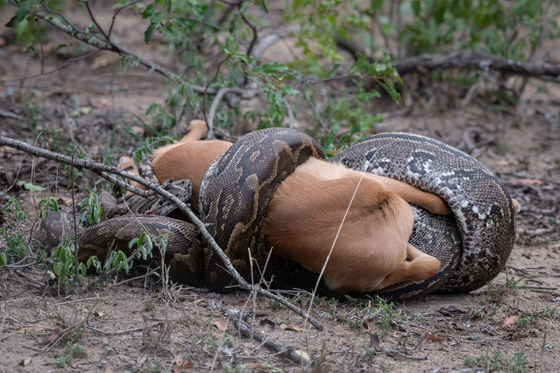
On the other hand, Jason Fisher, a biologist at the University of Victoria in Canada, recommends coyotes as champions based on another measure of ``adaptive ability.'' This is because coyotes can hunt in packs or singly, and can feed on a wide variety of prey, from elk calves to mice.
This flexibility has allowed coyotes to thrive in all habitats, including human cities. “Coyotes are amazing predators because they understand and exploit the resources available to them,” Fisher said.
Even underwater, there are animals whose great skills make them top hunters. The tropical
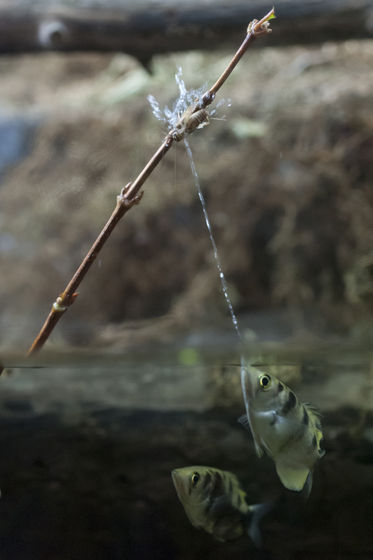
On the contrary, ``Which animal is the worst hunter?'' is in some ways a more difficult question than determining the best hunter, Fisher says. This is because all existing animals are able to survive the harsh struggle for survival.
Still, when it comes to deciding which animal is the worst at hunting,
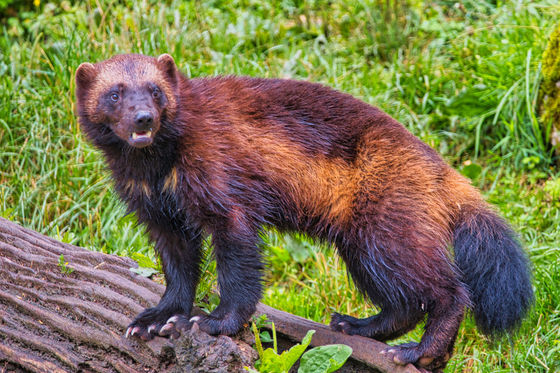
Related Posts:

